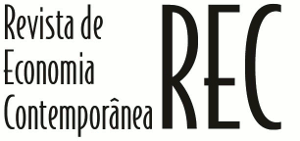ABSTRACT
The inclusion of a site in the UNESCO World Heritage List is a "recognition" that can be interpreted as alocal public good. This paper analyzes the effectiveness of the UNESCO recognition in promoting tourism and, more generally, local economic development. We document relevant performance differences across Italian UNESCO sites. We argue that the relevant key factor is the ability of generating additional public goods, starting from the process of recognition. The most recent approach of UNESCO in selecting the sites to include in its list underlines the importance of the immaterial culture embedded in the sites, and the role of local communities in their relationships with the environment and heritage: this is interpreted as a sign of the importance which has to be due to the generation of common goods for making the UNESCO recognition an effective tool to preserve heritage and to use it to promote economic, social and cultural development.
KEYWORDS:
UNESCO; World Heritage List; social capital; immaterial culture; creativity
